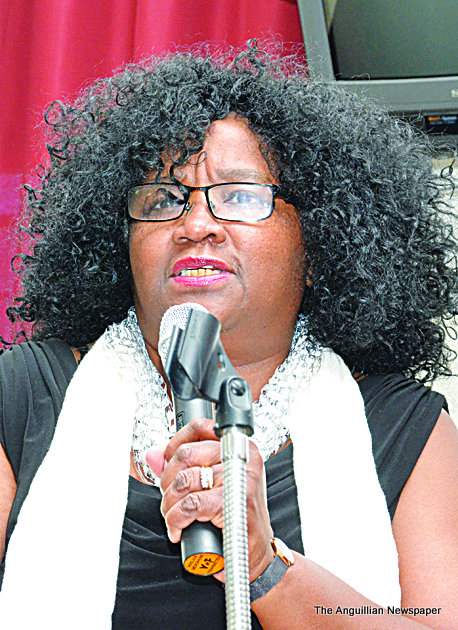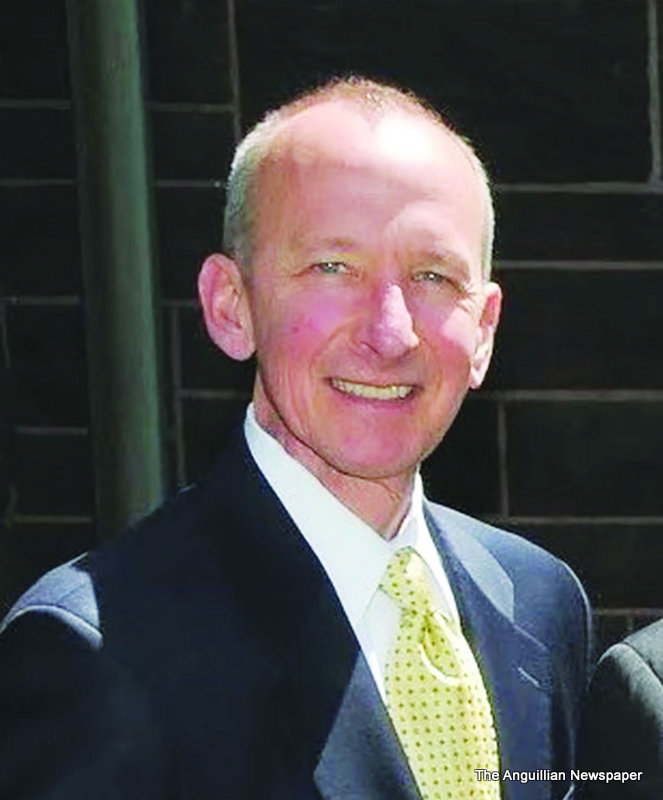
Mrs Doreen
Gumbs Vines
The Late
Judge Kevin Dubay
The CEO and Founder of Global Medical Education Training in the United States, Health Educator, Mrs. Doreen Gumbs Vines, has spoken about an incident at Shoal Bay Beach in Anguilla in which members of her visiting team of experts were able to provide assistance to a US visitor – but who eventually died after snorkeling there.
The unfortunate incident, on March 6, involved Mr. Kevin Dubay, 65, a Superior Court Judge in Connecticut in the United States, a long-time visitor and friend of Anguilla. He and other persons were snorkeling when he reportedly said he was returning to the shore but collapsed. He received emergency treatment on the beach and at the Princess Alexandra Hospital but died despite efforts to revive him.
Mrs. Gumbs Vines, who was accompanied to Anguilla by her husband, Mr. James Vines, told The Anguillian newspaper that while at the beach some of her team had joined in performing CPR on the US Judge who was taken by ambulance to the hospital – where her team members worked alongside EMS and other health personnel in Anguilla to revive the patient but, sadly, to no avail. “We worked on him feverishly, and if he had a chance he would have had that with all of us working on him,” she commented. “The opportunity to go through that incident, and to use the skills that we had just reviewed, was phenomenal. We know that it is not always a positive outcome but he had the best care from the individuals who participated – and the family recognised our efforts.”
Noting that the beaches in Anguilla are among the tropical attractions for tourists visiting the island, Mrs. Gumbs Vines, who has Anguillian and St. Maarten parental roots, said her team would be offering some helpful suggestions to hotels, villas and guesthouses. “We are going to be talking to some of the hotel organisations because one of the very basic things, and we will support this effort, is that every hotel should have what is called an automated external defibrillator.
“The other thing is that we are going to be pushing to do a mass hands-on CPR training where individual community persons will know what to do if someone goes down. If you just do chest compressions, that can help save a life. It is easy and we will talk to the Health Authority about doing it; and we will work close with the hospital to give persons who collapse a better chance of survival.”
The visiting health professional continued: “After the incident we dealt with, we talked about what went right and went wrong – which is something you do on a regular basis following a situation, and how you can make it better. This is because there is always room for improvement. The family thanked us for being there for their loved one.”







